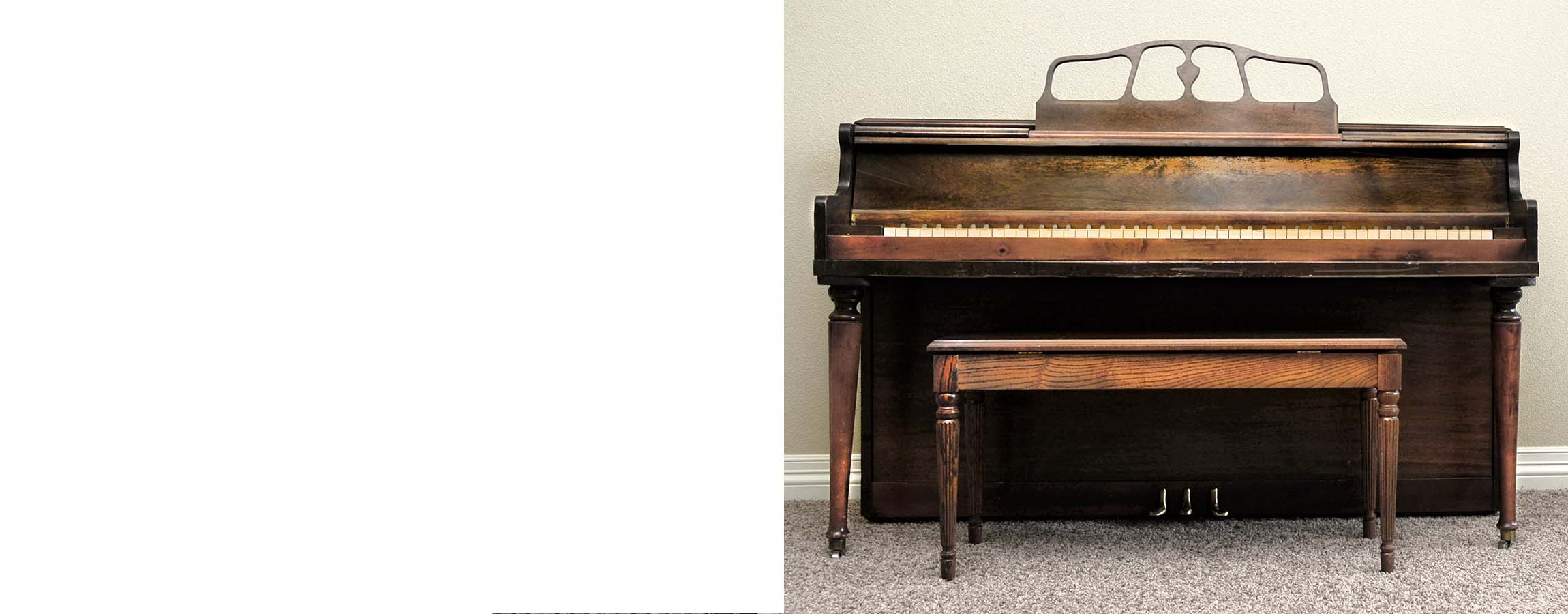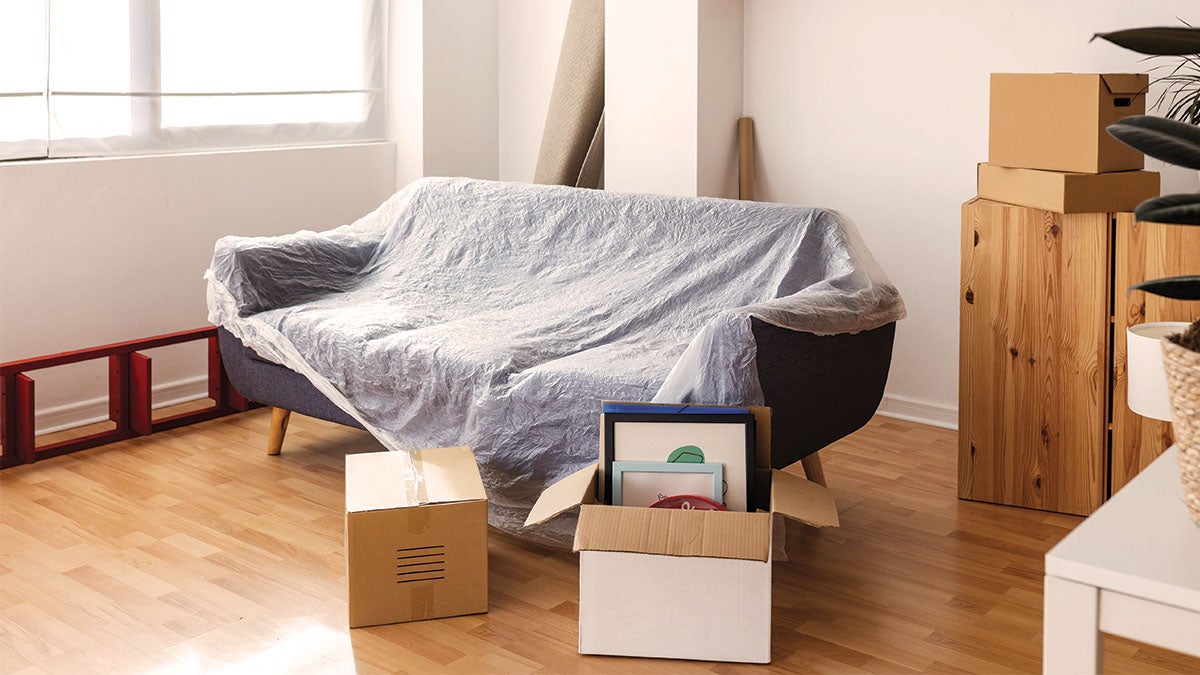Table Of Contents (Click to jump to any section)
- Bed Bug Mattresses
- How do bed bugs get into the mattress?
- How to get rid of bed bugs in a mattress?
- Dealing with severe bed bug infestations?
Bed bug Mattresses
Hey there, mattress owners! Picture this: you've got the absolute best mattress ever—it's like sleeping on a cloud! Or maybe you've just splurged on a brand-new mattress, and the thought of tossing it out because of a bed bug infestation breaks your heart. Well, fret not, my friend! There's hope. Before you even consider saying goodbye to your beloved mattress, why not give those pesky bed bugs a run for their money?
In this blog post, we've got you covered with some fantastic steps and ideas to bid those unwelcome critters farewell and reclaim your comfy mattress once and for all! So, let's roll up our sleeves and show those bed bugs who's boss!
But before that, let’s understand how bed bugs get into your mattresses.
How do bed bugs get into the mattress?
Bed bugs are master hitchhikers, and they have several ways of getting into your mattress and infesting your home.
1) Traveling on Infested Items: Bed bugs are excellent at latching onto clothing, luggage, or other belongings. If you stay in a hotel, visit a friend's home, or even use public transportation where bed bugs are present, they may crawl into your bags or clothing and find their way into your mattress when you return home.
2) Used or Secondhand Furniture: Buying used furniture can be a cost-effective option but can also lead to bed bug infestations. If the furniture is infested with bed bugs, they can easily crawl from the upholstery or crevices and make their home in your mattress.
3) Neighboring Infestations: If you live in an apartment building or a closely connected community, bed bugs can migrate from one infested unit to another through cracks, electrical outlets, or shared walls, finding their way into your mattress.
4) Visitors or Guests: When friends or family members come over, their bags or personal belongings may unknowingly carry bed bugs, which can then transfer onto your mattress.
5) Delivery of Used or Contaminated Items: Sometimes, even new items like mattresses can be infested if they were stored or delivered alongside infested items. Bed bugs can easily move between packages and infest new products.
6) Clothing and Bedding: Bed bugs can also cling to clothing or bedding and crawl into your mattress when you lie down or when you change your sheets.
7) Neglected Cleaning Practices: Dust and debris that accumulate under and around your mattress can create hiding spots for bed bugs, making it easier for them to settle and infest your sleeping area.
It's important to note that bed bugs are not attracted to dirt or filth; they are attracted to warmth, carbon dioxide, and human blood. So, even the cleanest homes can experience a bed bug infestation.
Getting rid of bed bugs in a mattress
Once you've identified a bed bug infestation, it's important to act quickly and take the right steps to get rid of them permanently. Here are some tips to kill the bed bugs in your mattress:
Preparing for Treatment
Before you dive into battle, prepare your battleground! Isolate the mattress to prevent bed bugs from spreading to other areas.
- Pull your bed bug-infested mattress away from the walls and remove any clutter surrounding it.
- Launder your bedding, clothing, and any affected items in hot water to kill bed bugs and their eggs.
This initial preparation will set the stage for a successful attack against the invaders.
Non-Chemical Treatment Methods
For those seeking natural or non-toxic approaches, we've got you covered.
Vacuum the mattress
Use a vacuum cleaner with strong suction to remove and get all bed bugs out of the mattress. Pay special attention to cracks, crevices, and seams. Use a crevice tool to reach hidden spots. Vacuuming sucks up adult bugs, nymphs, and eggs, but remember to dispose of the vacuum bag immediately after use to prevent any surviving bed bugs from crawling back out.
Steam Treatment
Steam treatment is another effective method, as bed bugs cannot survive extreme heat. Pass the steam cleaner over every inch of your mattress to annihilate these unwelcome pests. Sometimes temperatures of 112 to 117 degrees Fahrenheit (44 to 48 degrees Celcius) are enough to kill the bed bugs on instant contact.
To prevent re-infestation, consider encasing your mattress with a bed bug cover or encasement, which will trap any lingering bed bugs and prevent them from feeding on you.
Sun Exposure
Does sunlight kill bed bugs on your mattress? Luckily, yes but it can depend on the level of infestation. For sunlight to effectively kill bed bugs, it needs to be intense and consistent. Exposing your mattress to the UV rays from the sunlight for several hours a day can kill the bed bugs and their eggs before they can hatch.
There are some places in the country where the temperatures can go over 86 to 90 degrees Fahrenheit (30 to 32 degrees Celsius) at certain times during the year. Direct sunlight exposure during the hottest parts of the day is more likely to raise temperatures to levels lethal to bed bugs.
However, even in optimal conditions, the exposure time required may be longer than you might expect. Combining sun exposure with other proven approaches like steam treatment, vacuuming, and chemical treatments can significantly increase the chances of success.
Chemical Treatment Options
Chemical treatments may be necessary to treat your mattresses for bed bugs and more stubborn infestations.
- Choose an insecticide specifically labeled for bed bugs and follow the instructions carefully.
- Apply the insecticide to cracks, crevices, and seams of the mattress, as well as any other areas where bed bugs might be hiding.
- Ensure proper ventilation during and after application, and never use outdoor insecticides indoors, as they can be harmful to you and your family.
Always prioritize safety!
Natural Remedies for Bed Bug Removal
If you prefer natural remedies, we've got some tricks up our sleeves!
- Diatomaceous earth: Diatomaceous earth is a fine powder that pierces through the exoskeleton of bed bugs, causing dehydration and death. Sprinkle it liberally around your mattress, especially in cracks and crevices. But use it carefully with proper precautions before and after using the powder to avoid any negative health effects.
- Natural oils: Essential oils like lavender, peppermint, and tea tree oil have repellent properties that may deter bed bugs from infesting your mattress. Dilute a few drops of essential oil in water and spray it around your sleeping area.
- Dryer: If you have a clothes dryer, consider running your bedding and clothing through a hot cycle, as bed bugs cannot survive high temperatures.
- Bed bug covers: Encase your mattress with a bed bug-proof mattress encasement or protector to trap and starve any remaining bed bugs.
Hiring Professional Extermination Services
Sometimes, the battle against bed bugs can be overwhelming, and you might need backup. Professional pest control experts have the expertise, tools, and experience to tackle even the toughest infestations.
When choosing a pest control company, ensure they specialize in bed bug eradication and have positive customer reviews. Discuss treatment options, pricing, and any concerns you may have before proceeding.
Dealing with severe bed bug infestations?
In some unfortunate cases, the infestation might be too severe, and your mattress could be beyond salvation. Dealing with bed bugs can be a real nightmare, and unfortunately, in these cases, the only solution is to bid farewell to your beloved mattress.
But fear not! We've got you covered with a step-by-step guide on how to safely dispose of a mattress infested with those pesky bed bugs. So dispose of the infested mattress responsibly, ensuring it's properly sealed to prevent the spread of bed bugs to others.
With the right approach and a little help, you can once again enjoy a peaceful, bug-free slumber in your cozy bed. Sleep tight, and sweet dreams!






